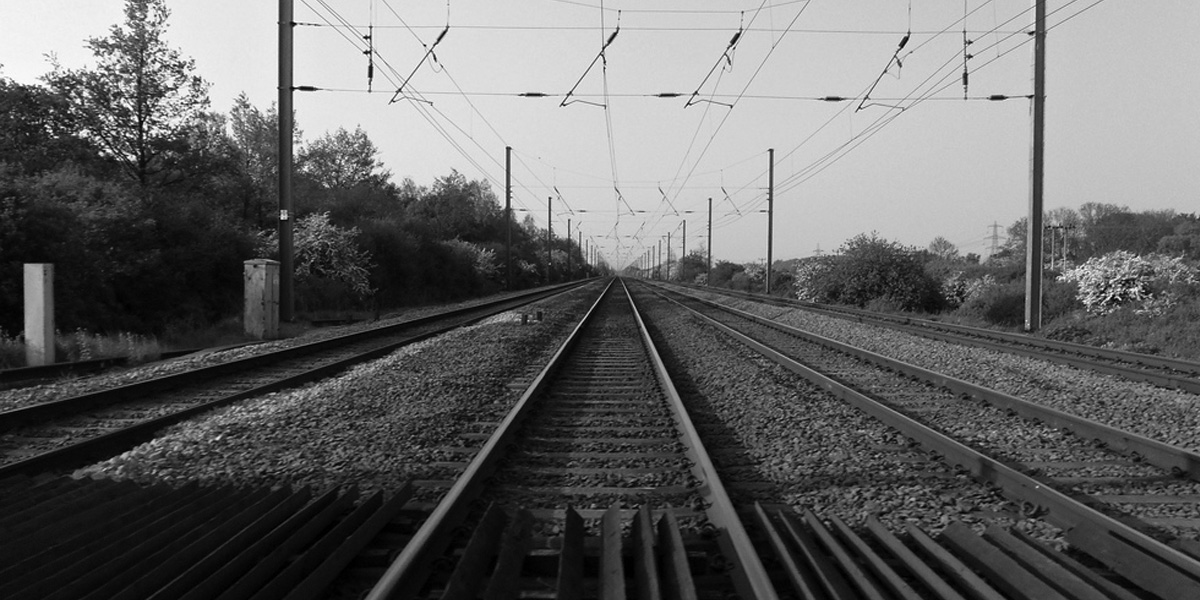2014, Labour’s year of…Public enterprise
Recent polls suggest that over two-thirds of the public want to see large sections of the economy that are currently privately run brought into public hands – 70 per cent of the public want to see the railways renationalised, 71...
Recent polls suggest that over two-thirds of the public want to see large sections of the economy that are currently privately run brought into public hands – 70 per cent of the public want to see the railways renationalised, 71 per cent want water to be publically owned and 69 per cent the energy companies.
In other countries across Europe, this sentiment has led to action. In Germany, for example, Hamburg voted to take back its energy grid into public hands in a local referendum, with Berlin narrowly missing out on doing the same, falling just below quorum but with 83 per cent of those who took part voting in favour. In recent years even in Europe’s paragon of a modern market economy, with a centre right government, more than 70 new publicly run services have started.
The searing shock of the global financial crisis and the continuing struggle to meet rising costs of living has fuelled people’s sense of systemic failure. As Nobel prize-winning economist Joseph Stiglitz has said, the promise that markets will efficiently marry supply to demand is incongruous in a world of unmet needs – in the west this includes needs for energy, water, transport and housing.
The right Labour response to this isn’t a 1945-style programme for control of the ‘commanding heights’ of the economy but to consider redefining public ownership and control. There is scope for a new ‘third way’ on public ownership and state action in a market economy. We can call it competitive public enterprise.
The core insight of a public enterprise approach is the role in providing services as a competitive comparator or challenger to the private sector, not as a public monopoly.
The public enterprise could be a comparator like East Coast has been for the rail industry, returning more to the taxpayer than any privately operated train company with less subsidy and record levels of customer satisfaction. Or a bank with a strong regional, small business and innovation investment remit.
The public enterprise as challenger could be at a local level, such as the proposal in my Private Member’s Bill on private rented housing which would give councils the powers to set up public letting agents to compete with the private sector offer in order to drive up standards for tenants and landlords.
The scope for such public enterprise is wide – from housing developers to business banks to transport and energy – and it could reshape the way national and local governments act to correct dysfunctional markets and serve consumers.
So 2014 could be the year that the centre-left forges afresh the case for public ownership, action and accountability.
